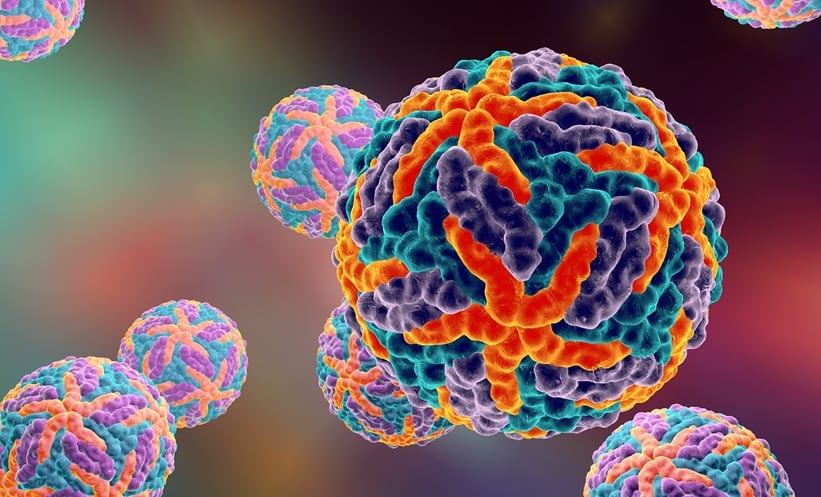A NEW genomic analysis has revealed why dengue vaccines remain more effective in individuals previously infected with the virus, showing that past infection reprogrammes the innate immune system in ways vaccination alone cannot replicate.
Researchers examined immune responses to TAK-003, the live-attenuated tetravalent dengue vaccine currently under development, to explain the long-observed disparity in vaccine efficacy between seropositive and seronegative individuals. Whole-blood RNA sequencing and whole-genome microarray profiling were performed on samples taken before and after vaccination, allowing investigators to compare gene expression across three independent cohorts. The goal was to determine whether two doses of TAK-003 could induce immune adaptations similar to those seen after natural infection.
The study found that seropositive individuals exhibited a distinct immune transcriptome even before vaccination, characterised by enrichment of cell-cycle gene modules and reduced expression of innate immune modules. These baseline differences reflected long-term reprogramming induced by prior dengue infection.
By contrast, seronegative individuals showed no comparable innate immune alterations at baseline, and vaccination did not trigger such reprogramming. As a result, while seronegative participants achieved seroconversion after the first dose, their humoral immunogenicity remained consistently lower after two doses than that of seropositive individuals after only one.
These findings highlight that dengue infection reshapes immune memory in a durable way that directly influences vaccine outcomes. The absence of innate immune reprogramming in seronegative individuals may explain why vaccination cannot fully match the protection conferred by prior exposure.
Reference
Ong EZ et al. Dengue virus infection reprograms baseline innate immune gene expression. Med. 2025; DOI: 10.1016/j.medj.2025.100841.








